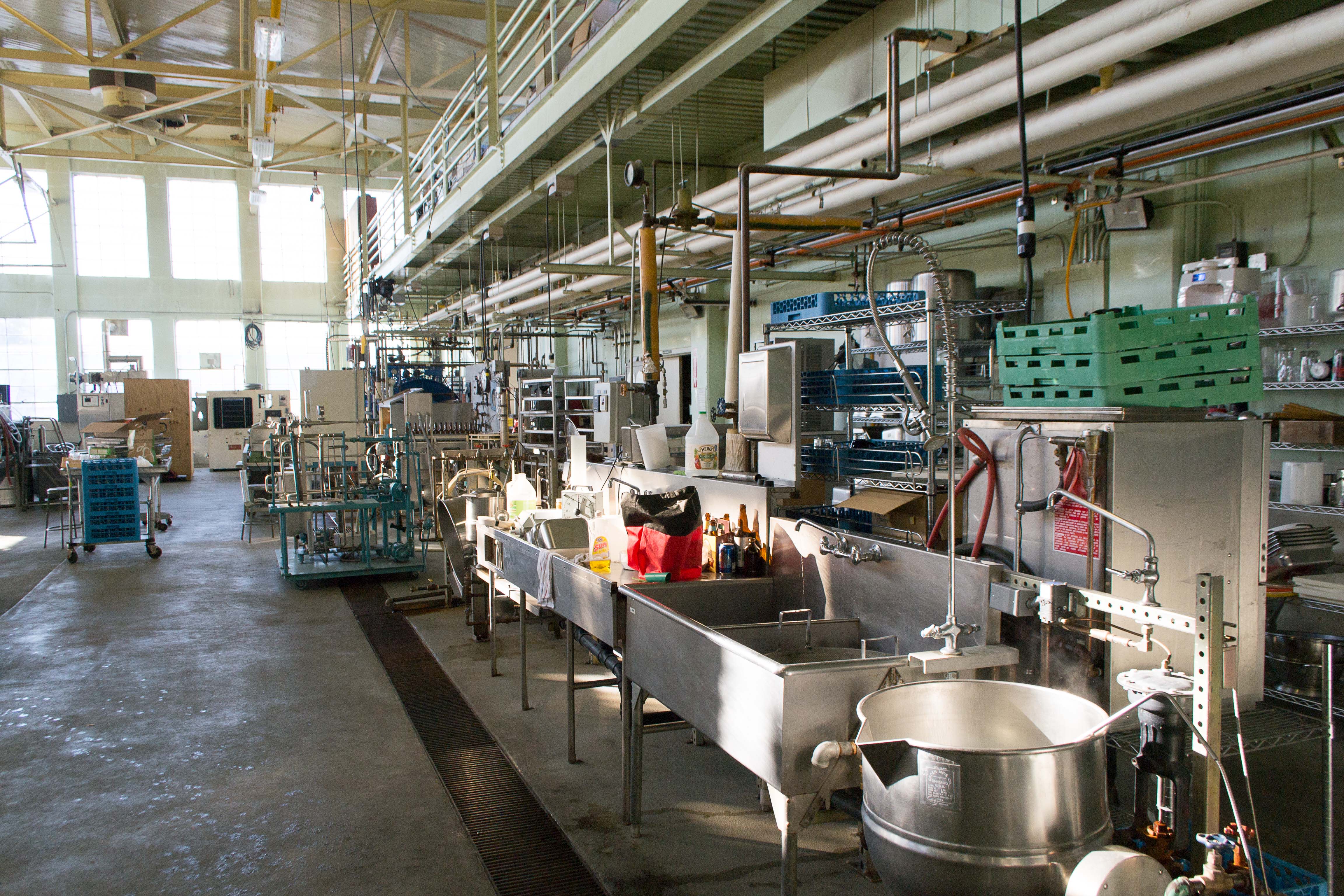
Genetic variation of carotenoids, vitamin E and phenolic compounds in Provitamin A biofortified maize.
Sign Up to like & getrecommendations! Published in 2017 at "Journal of the science of food and agriculture"
DOI: 10.1002/jsfa.7798
Abstract: BACKGROUND Biofortified maize is not only a good vehicle for provitamin A carotenoids for vitamin A deficient populations in developing countries but also a source of vitamin E, tocochromanols and phenolic compounds, which have antioxidant… read more here.
Keywords: variation; biofortified maize; phenolic compounds; tocopherol ... See more keywords

The development and release of maize fortified with provitamin A carotenoids in developing countries
Sign Up to like & getrecommendations! Published in 2019 at "Critical Reviews in Food Science and Nutrition"
DOI: 10.1080/10408398.2017.1402751
Abstract: ABSTRACT Micronutrient deficiencies have been identified as major public health problems affecting a large part of the world's population. Biofortification of staple crops like maize has been proposed as one of the most cost effective… read more here.
Keywords: release maize; provitamin; fortified provitamin; development release ... See more keywords

Evaluating Provitamin A Carotenoids and Polar Metabolite Compositions during the Ripening Stages of the Agung Semeru Banana (Musa paradisiaca L. AAB)
Sign Up to like & getrecommendations! Published in 2020 at "International Journal of Food Science"
DOI: 10.1155/2020/8503923
Abstract: Banana cultivars that are rich in provitamin A carotenoids and other nutrients may offer a potential food source to help alleviate vitamin A deficiencies, particularly in developing countries. The local plantain type banana, Agung Semeru… read more here.
Keywords: banana; ripening stages; agung semeru; musa paradisiaca ... See more keywords

Characterization of cassava ORANGE proteins and their capability to increase provitamin A carotenoids accumulation
Sign Up to like & getrecommendations! Published in 2022 at "PLoS ONE"
DOI: 10.1371/journal.pone.0262412
Abstract: Cassava (Manihot esculenta Crantz) biofortification with provitamin A carotenoids is an ongoing process that aims to alleviate vitamin A deficiency. The moderate content of provitamin A carotenoids achieved so far limits the contribution to providing… read more here.
Keywords: carotenoids accumulation; provitamin carotenoids; expression; cassava ... See more keywords